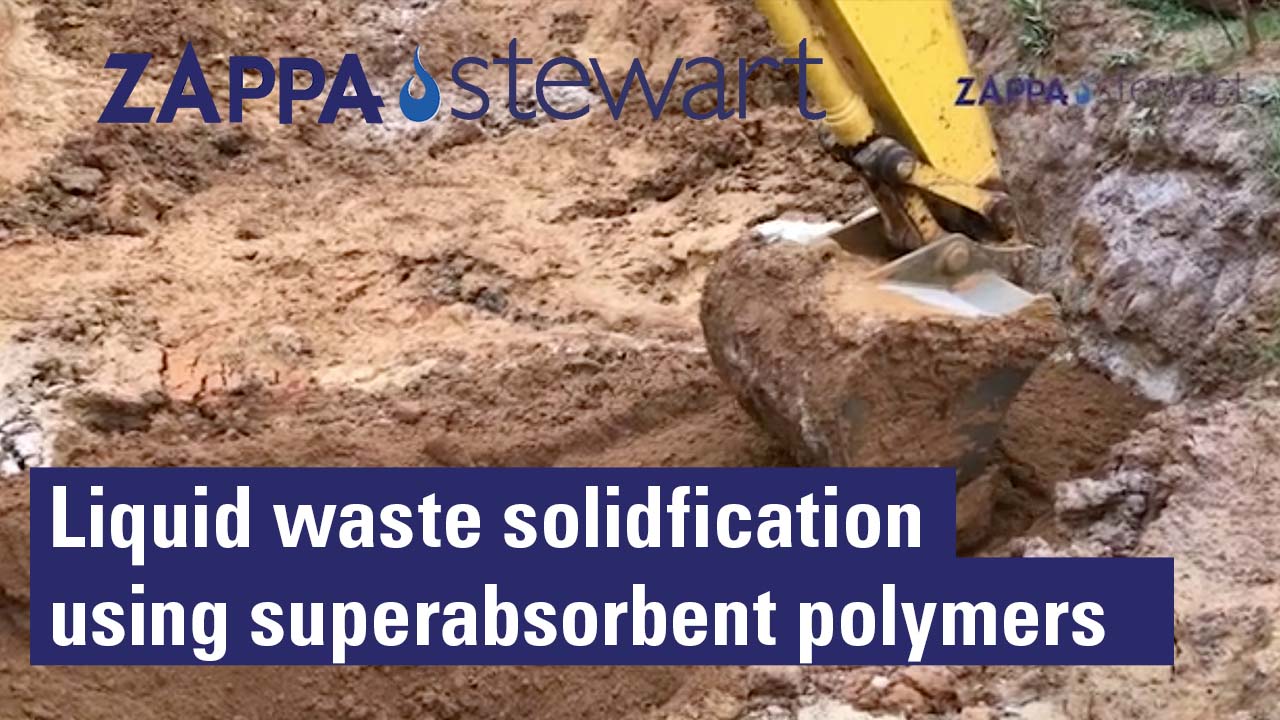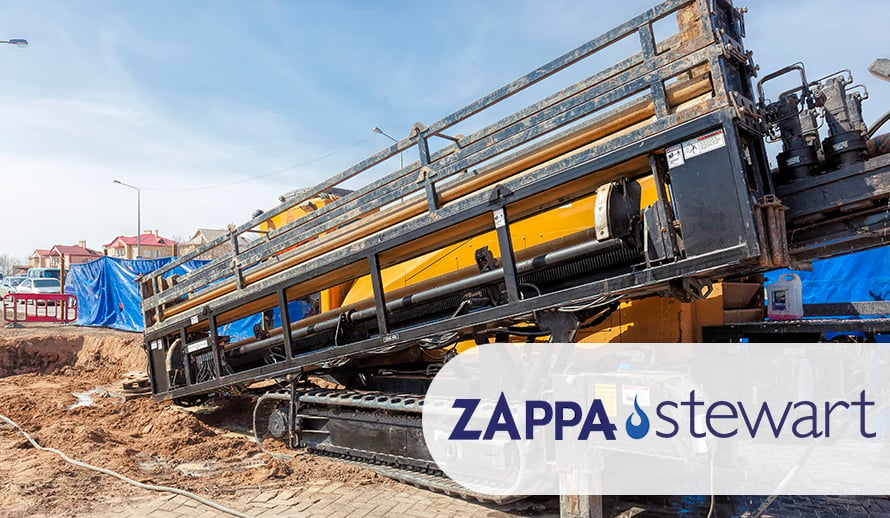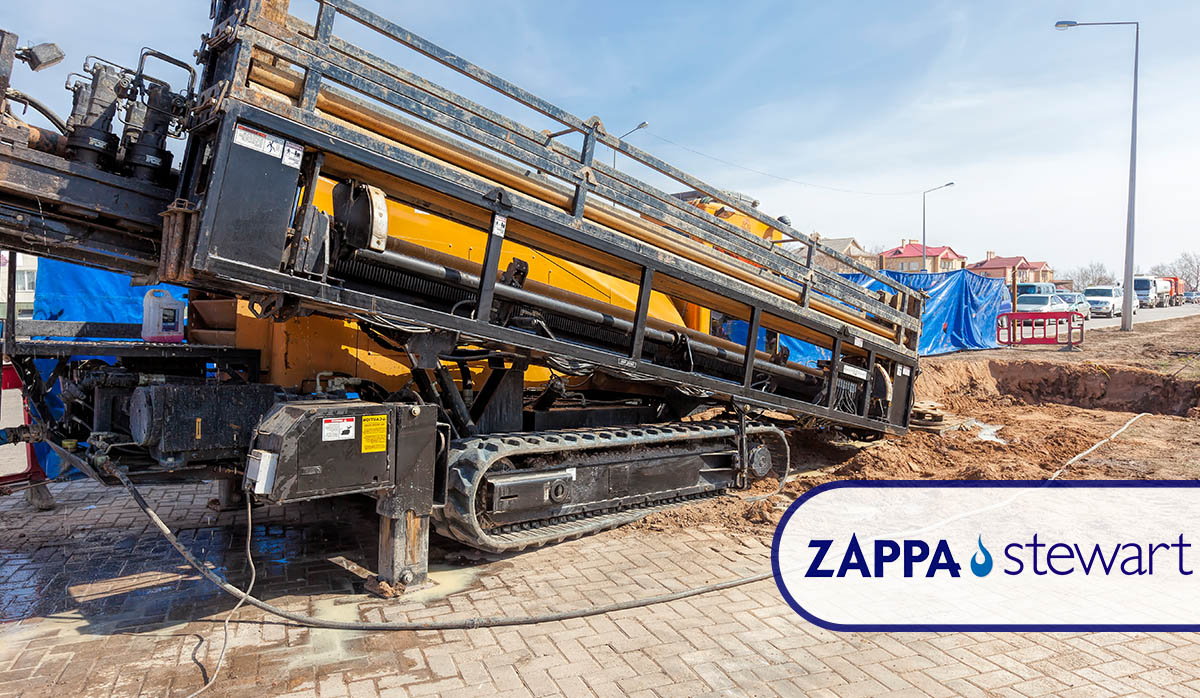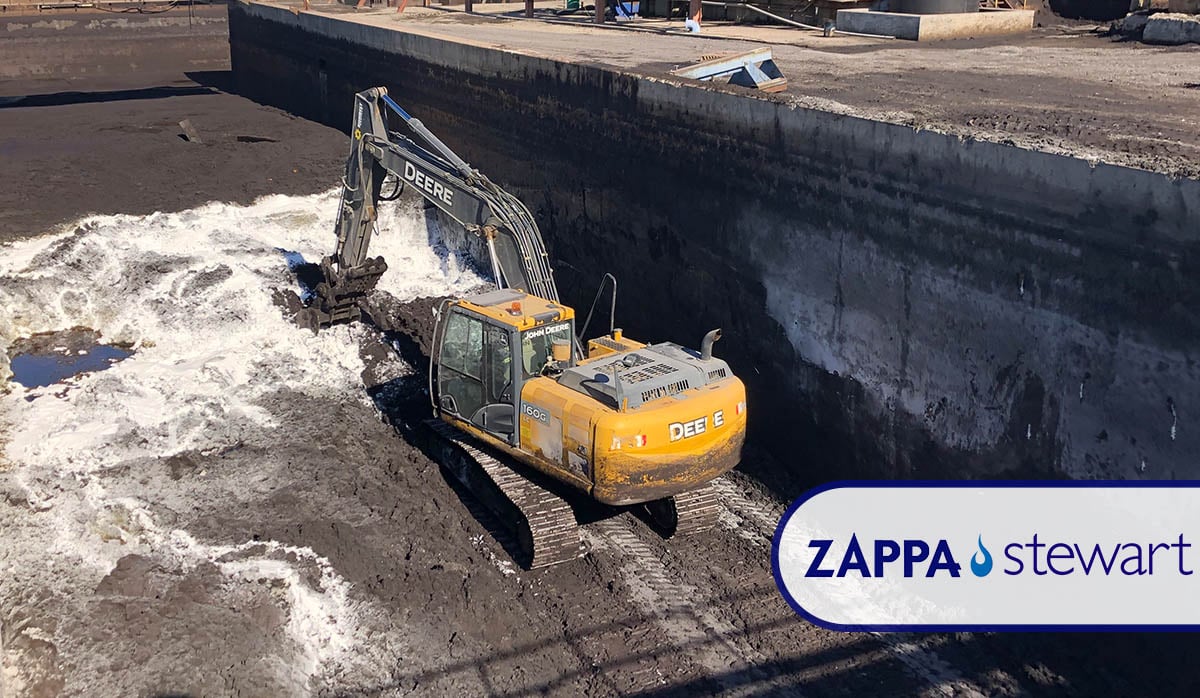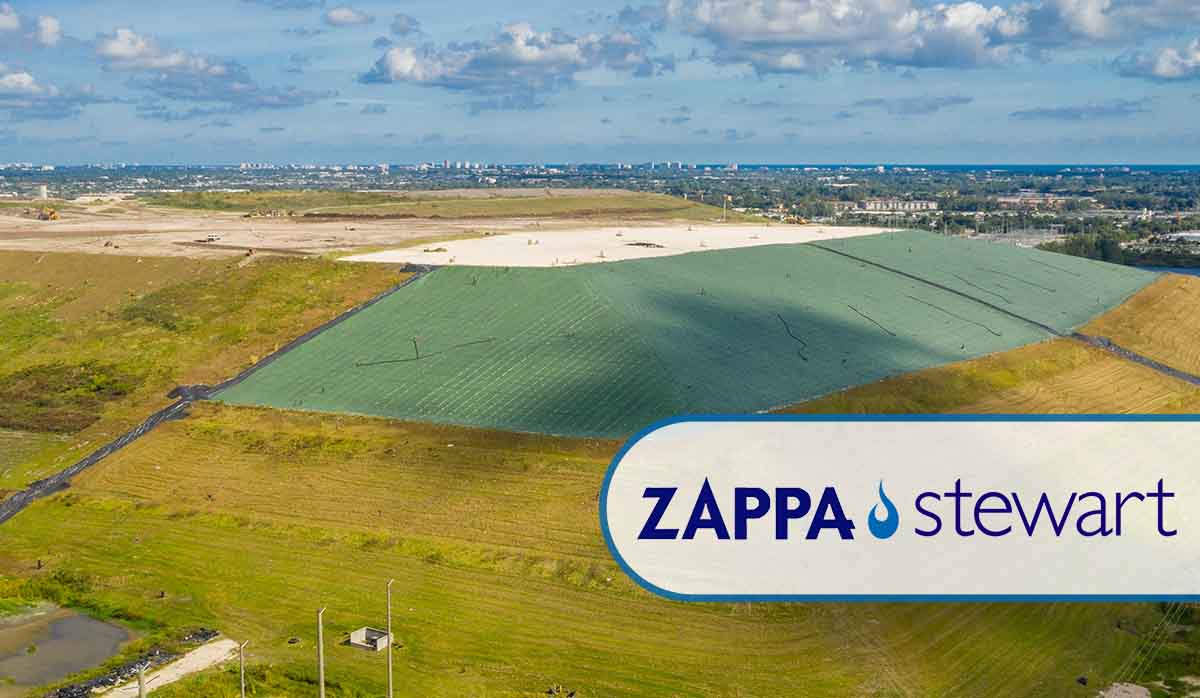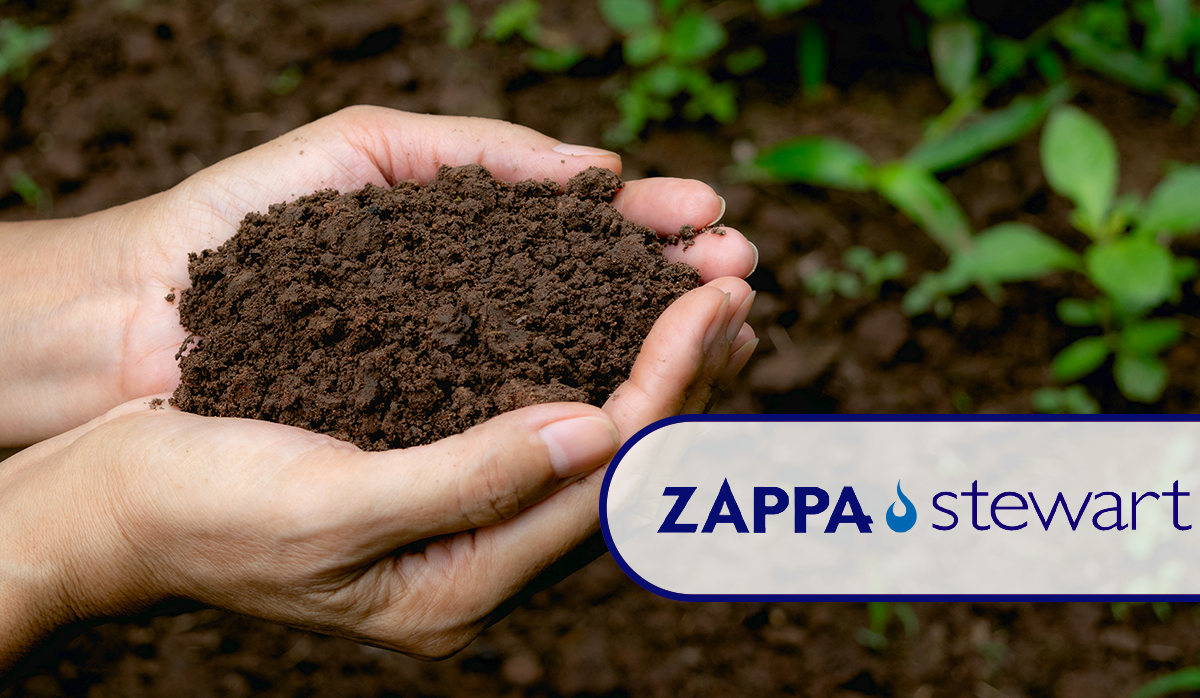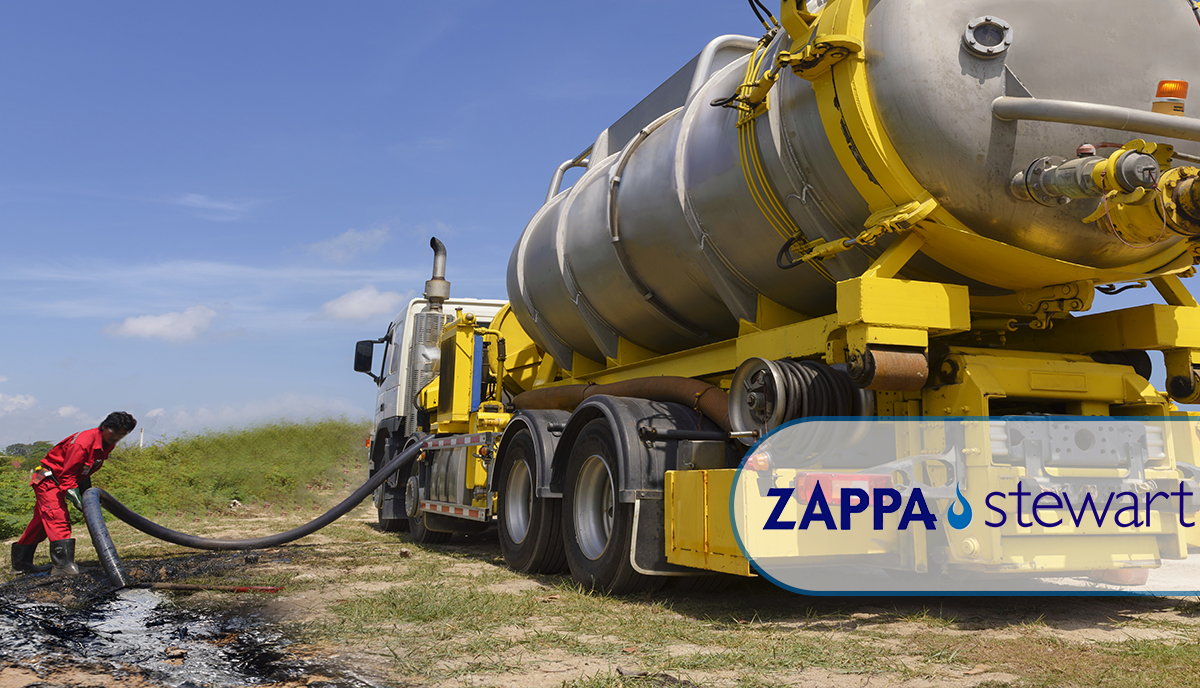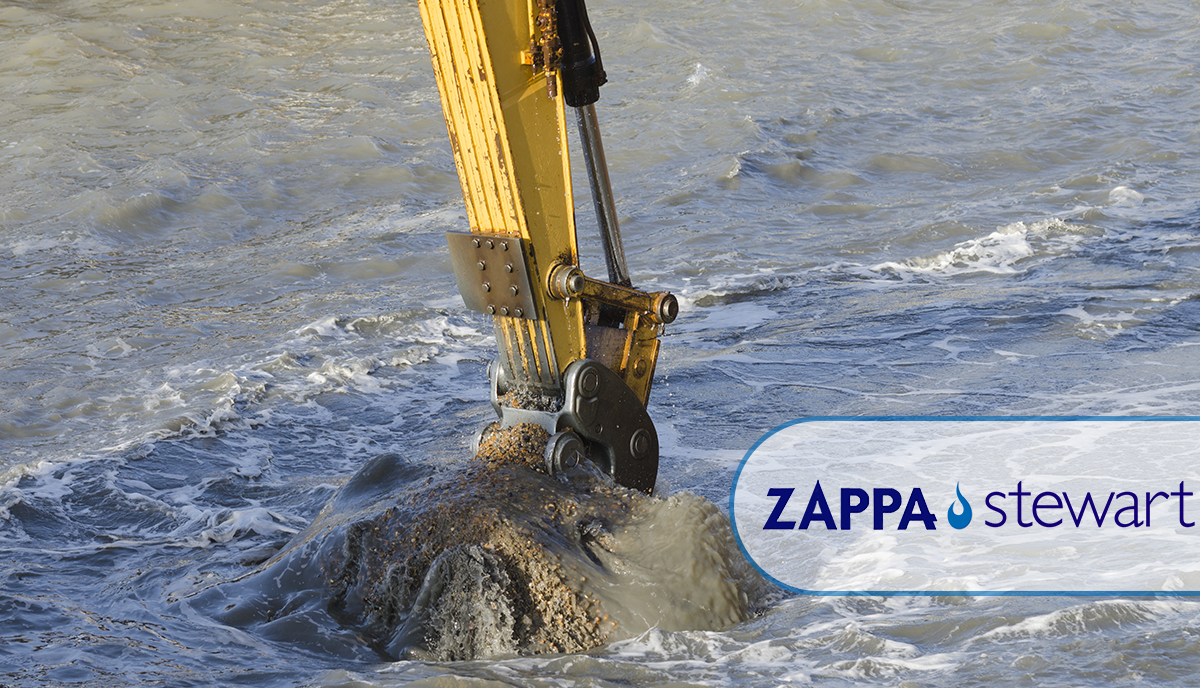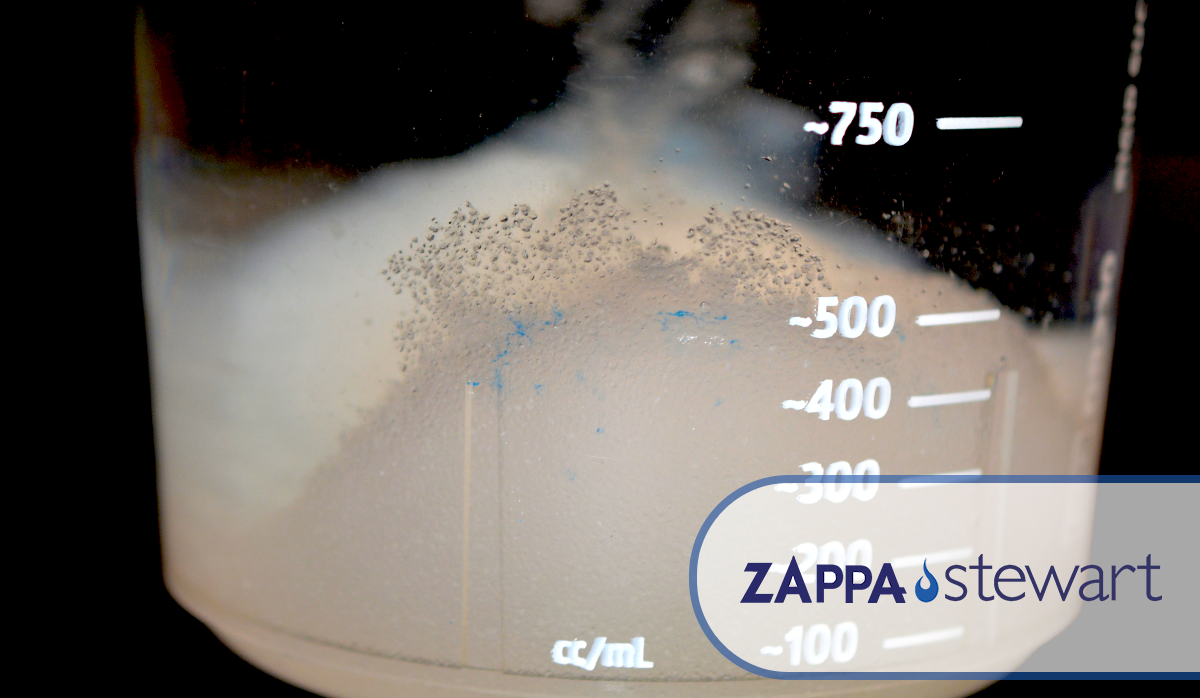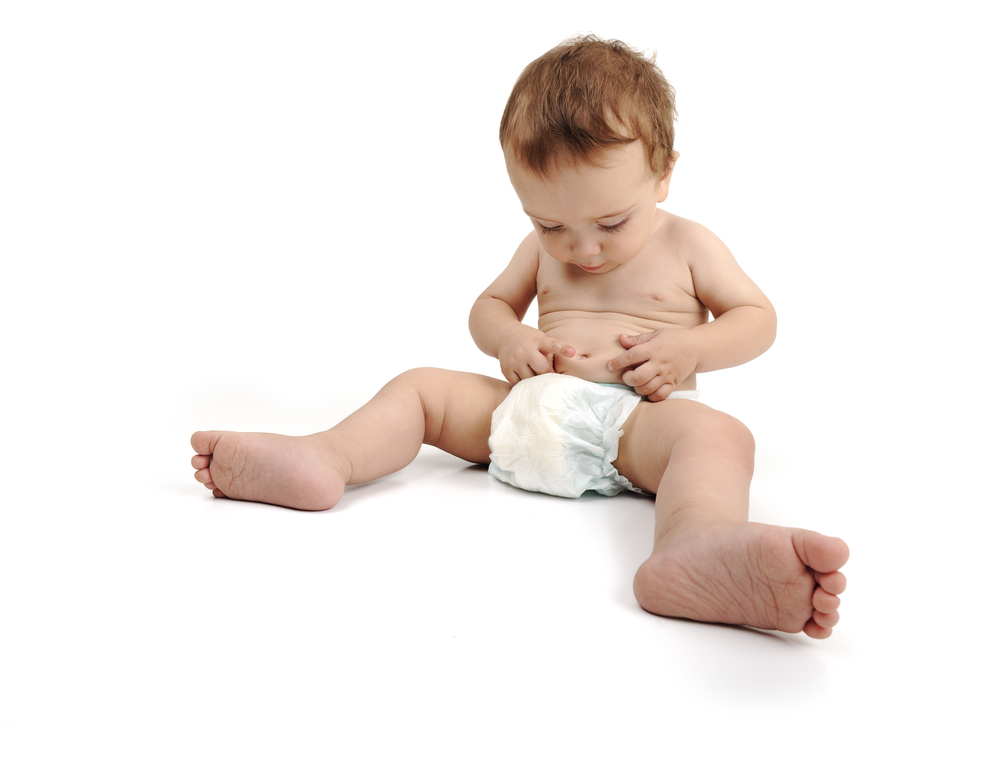When a Southeastern US-based fiber optic and telecom contractor was faced with a persistent liquid waste management challenge, the contractor contacted Zappa-Stewart to conduct an on-site demonstration of solidification with ZapZorb superabsorbent polymers (SAPs).
Recent Posts
Topics: Waste Solidification, SAP, Sawdust vs SAP, Liquid Waste Management, superabsorbent polymers, Wastewater Treatment Sludge
HDD technology has changed the landscape for the pipeline and utility infrastructure sectors, quite literally. Pipelines can now be installed under waterways, utilities can be installed without open cutting of highways and wetlands, and residential service connections can be installed without digging up lawns and driveways. But as with any technological innovation, HDD technology comes with its own set of new challenges. The large volumes of spent drilling mud, that are generated by HDD borings, require careful management, to prevent unnecessary costs and environmental risks. A rapidly increasing number of HDD contractors and owners choose to solidify spent drilling fluid on-site, with superabsorbent polymers (SAPs), to eliminate excessive waste hauling, disposal charges, and environmental liabilities.
Topics: Horizontal Drilling, Waste Solidification, Environmental Remediation, HDD Solidication
While the benefits of horizontal directional drilling (HDD) technology have changed the game for the utility and pipeline construction industries, the large volumes of fluid waste generated by HDD borings pose significant costs and environmental risk. Contractors and owners often choose to solidify drilling mud on site with superabsorbent polymers (SAPs) because of financial and time savings as well as SAPs’ ease of use and environmental benefits.
Topics: Horizontal Drilling, Superabsorbents, HDD
Sludge, a viscous mixture of liquid and solid components, is generated by essentially all industrial and municipal wastewater treatment facilities. When sludge must be periodically removed in order for plant maintenance crews to conduct repairs on process equipment and concrete holding basins, superabsorbent polymers (SAPs) are the safest, fastest, and most efficient choice to convert wet sludge to dry stackable solids.
Topics: Environmental Conditions, Environmental Remediation, SAP vs Cement, Sawdust vs SAP, superabsorbent polymers, SAP Applications, Wastewater Treatment Sludge, Solidifier
Liquid waste streams such as wastewater treatment sludge (biosolids), coal combustion residuals (coal ash slurries), horizontal direction drilling (HDD) mud, and dredged sediments are challenging to manage for many reasons. Regulatory restrictions on liquid waste disposal require free liquids to be absorbed, or solidified, prior to acceptance at landfill facilities. The absorbent material that is selected can impact the landfill’s leachate management costs, the landfill’s longevity, and the water quality in groundwater and surface water in the vicinity of the landfill. Superabsorbent polymers (SAPs), one of the EPA’s few accepted absorbent materials, help landfills minimize leachate management costs, mitigate environmental risks from leachate leaks, and maximize landfill life.
Topics: Liquid Solidification, Landfills, Liquid Waste Management, superabsorbent polymers
Are superabsorbent polymers (SAPs) biodegradable? Will SAPs release liquids in a landfill? These questions are asked by many professionals in the environmental waste management industry when considering SAPs for a project. SAPs are used globally to solidify liquid waste streams safely and efficiently prior to final disposal or reuse. However as with any waste treatment reagent, it is important for environmental practitioners to understand how SAPs behave once they are disposed in a landfill or left on-site as a component of fill material.
Topics: Super Absorbent Polymers, Biodegradable
The rapid increase in horizontal directional drilling (HDD) activities throughout North America has resulted in a higher demand for vacuum truck services to manage liquid waste streams. And while drilling contractors and pipeline maintenance crews often rely on the convenience and efficiency of hiring a vacuum truck to get liquid waste out of their way, the next step in the process, liquid waste solidification, is often not as efficient or cost effective as it could be. Low-end commodity absorbents, like those that are widely used in the waste treatment industry, present several challenges to environmental contractors. Fortunately, superabsorbent polymers (SAPs) offer a safe, efficient, and cost-effective solution to liquid waste solidification.
Topics: Super Absorbent Polymers, SAP, Sawdust vs SAP, Hydroexcavation Trucks, Vacuum truck
Dredging of saturated sediments from waterways, lakes, and storm water ponds generates massive quantities of waste material that require costly and time-consuming management practices, such as dewatering, solidification, transportation, and off-site disposal. If solidification of saturated sediments, followed by transportation and disposal, are parts of the work plan at your site, superabsorbent polymers (SAPs) can help to reduce your budget as well as time on-site, and they can minimize environmental risks.
Topics: Environmental Conditions, Waste Disposal, Environmental Remediation, SAP vs Cement
Superabsorbent polymers (SAPs) are used in many industries to reduce the challenges and risks associated with managing liquid waste. Waste solidification is the process utilized by environmental waste management professionals to render liquid waste into a solid state that can be more easily managed, transported, and disposed. To learn more about the benefits of SAP technology, the Top 5 Reasons to Solidify with SAPs are provided below.
Topics: Super Absorbent Polymers, Benefits
Safety is of the highest importance with most companies in any industry. And while sodium polyacrylate superabsorbent polymers (SAP) are extremely safe products, misconceptions or uncertainties about the safety of SAPs are often encountered in various SAP end-use markets.
Topics: Safety, Super Absorbent Polymers, SAP



